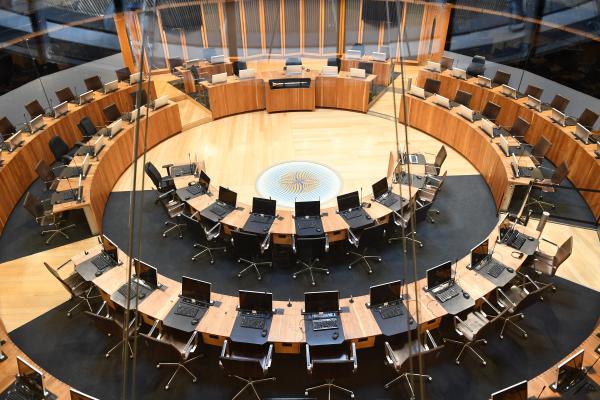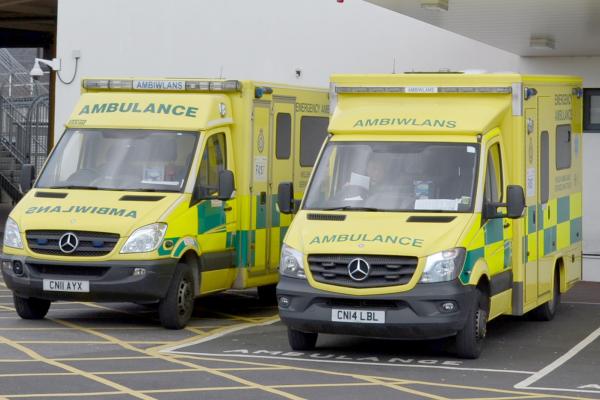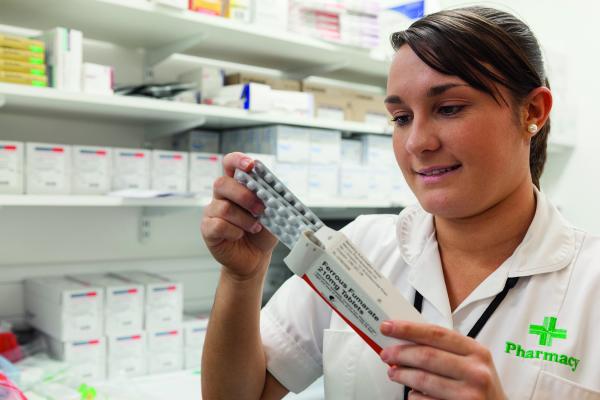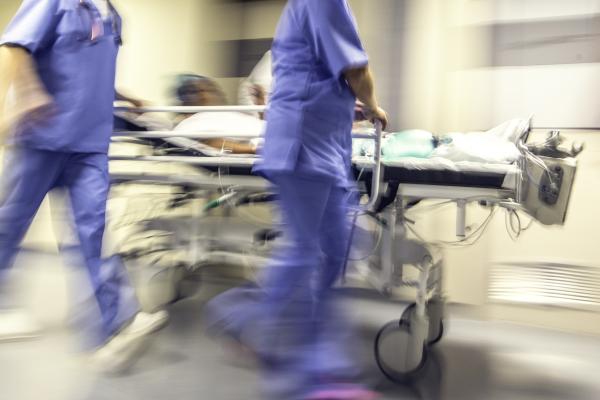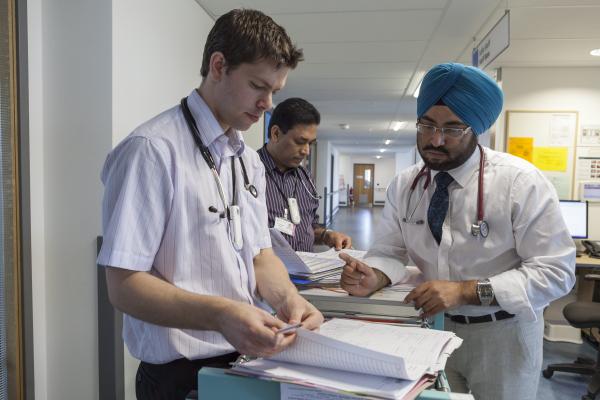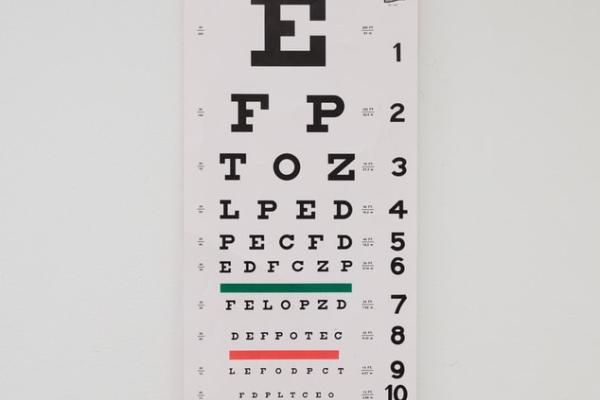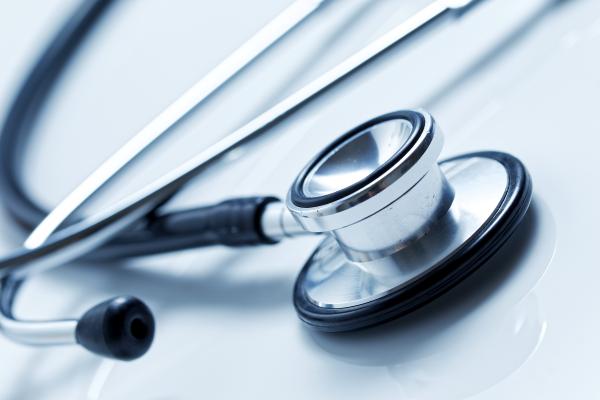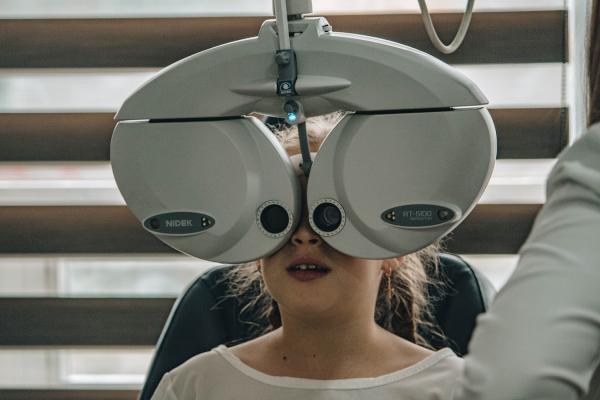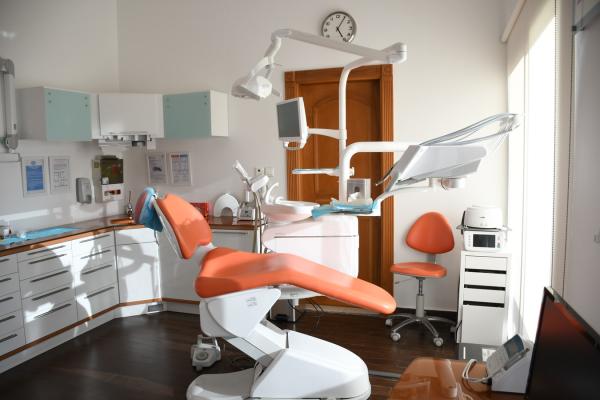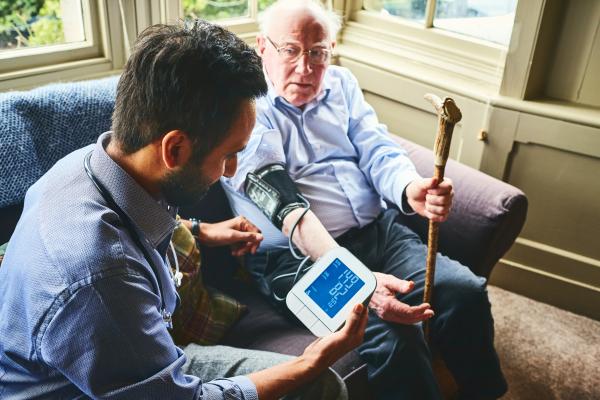Health and health services
Health services are almost entirely devolved in Wales, which means the Welsh Government is ultimately responsible for the National Health Service in Wales. The Welsh Ministers set the high level policy framework and targets for the health service, which are then delivered by the 7 Local Health Boards and 3 NHS trusts in Wales.
Local health boards are responsible for planning and delivering NHS services in their areas. These health services include:
- dental
- optical
- pharmacy
- mental health
They are also responsible for:
- improving physical and mental health outcomes
- promoting wellbeing
- reducing health inequalities across their population
- commissioning services from other organisations to meet the needs of their residents
NHS trusts look after public health, ambulance services as well as cancer and blood services.
There are also a number of related organisations that support NHS Wales.
The local health boards are directly funded by the Welsh Government to deliver the Welsh Ministers’ priorities on behalf of the people of Wales. Over recent years, there have been increasing differences in the way the four health services across the UK (for England, Wales, Scotland and for Northern Ireland) are organised and operate on a day to day basis.
Senedd Cymru can pass laws relating to health and the health service in Wales, for example the Human Transplantation (Wales) Act 2013 created a ‘soft opt-out’ system of consent for organ donation in Wales, while at the time the rest of the UK retained an ‘opt in’ system.
A small number of areas relating to health are still dealt with at a UK level. These include the regulation of medicines, genetics, fertilisation and embryology.
There are separate laws about the following services in Wales:


